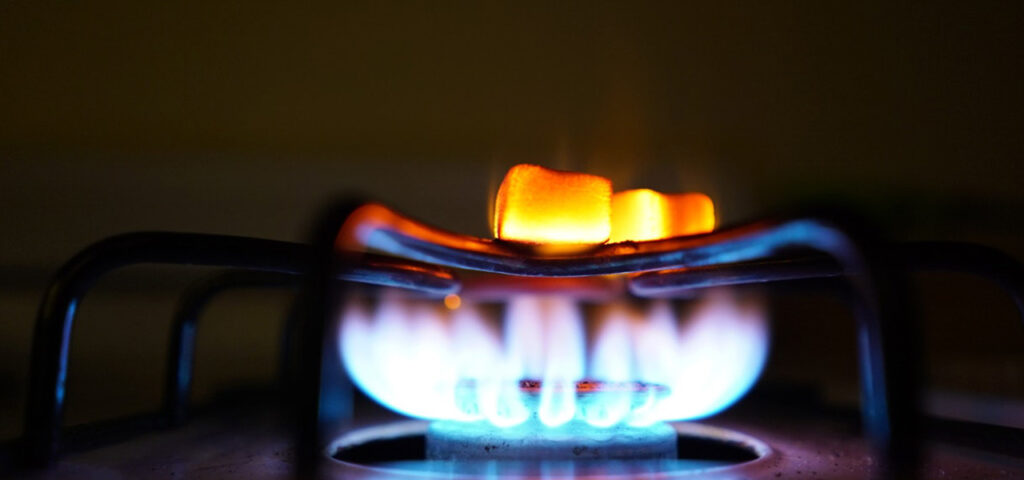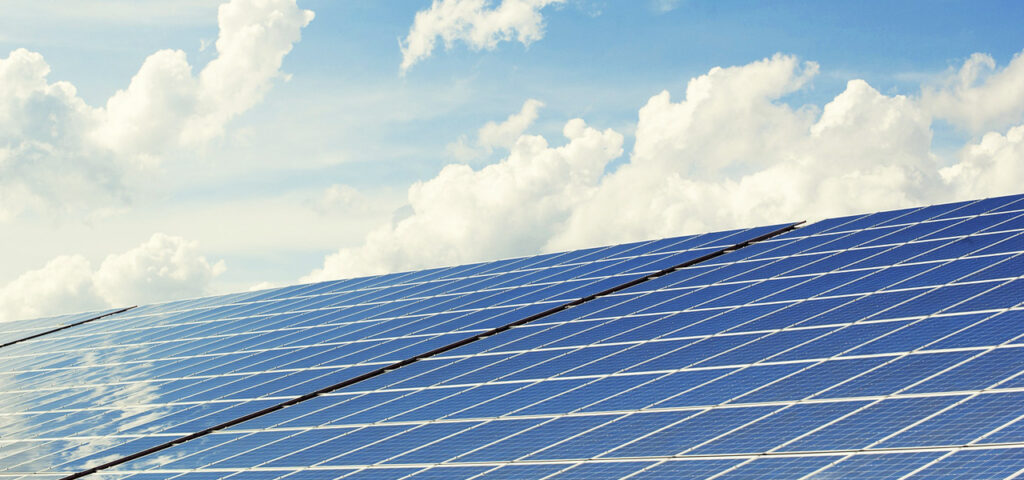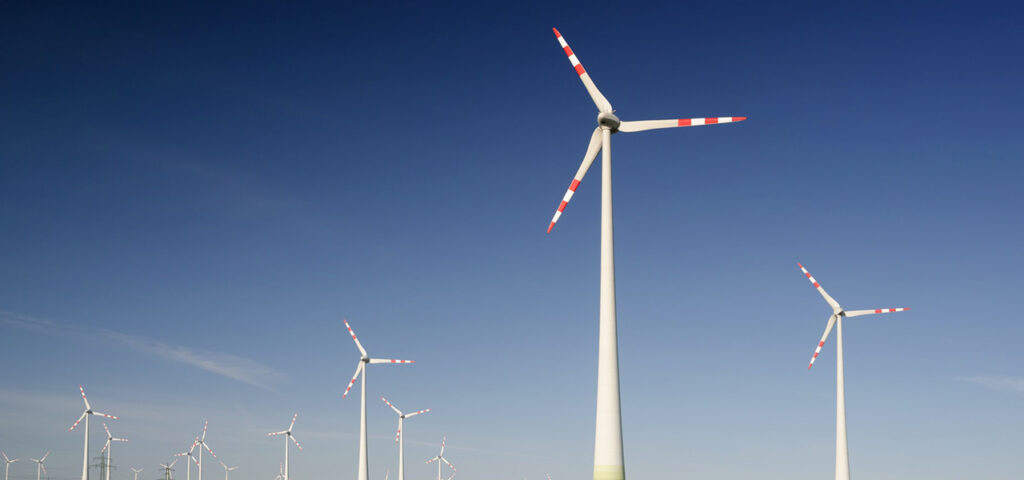Playing for the Planet
During the year 2022, one out of three people worldwide are playing video games. This particular industry knows no boundaries. It conquers the young and elderly population alike. That is why there is no doubt in saying that from Chile to Japan everyone loves to play video games. Currently, the video game industry wants to …






